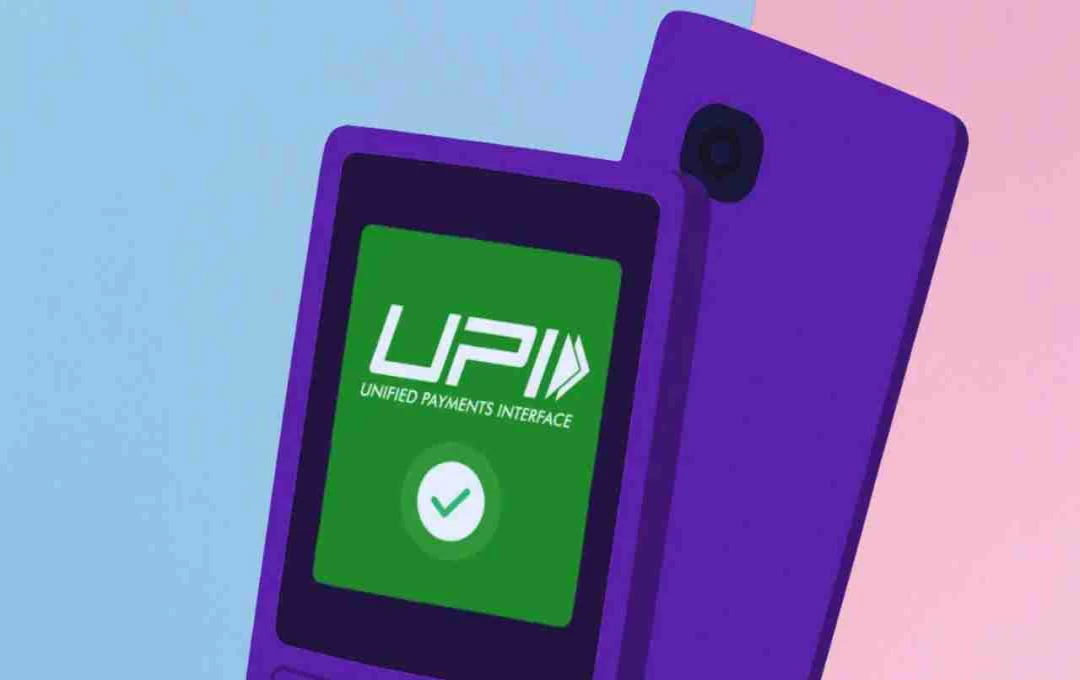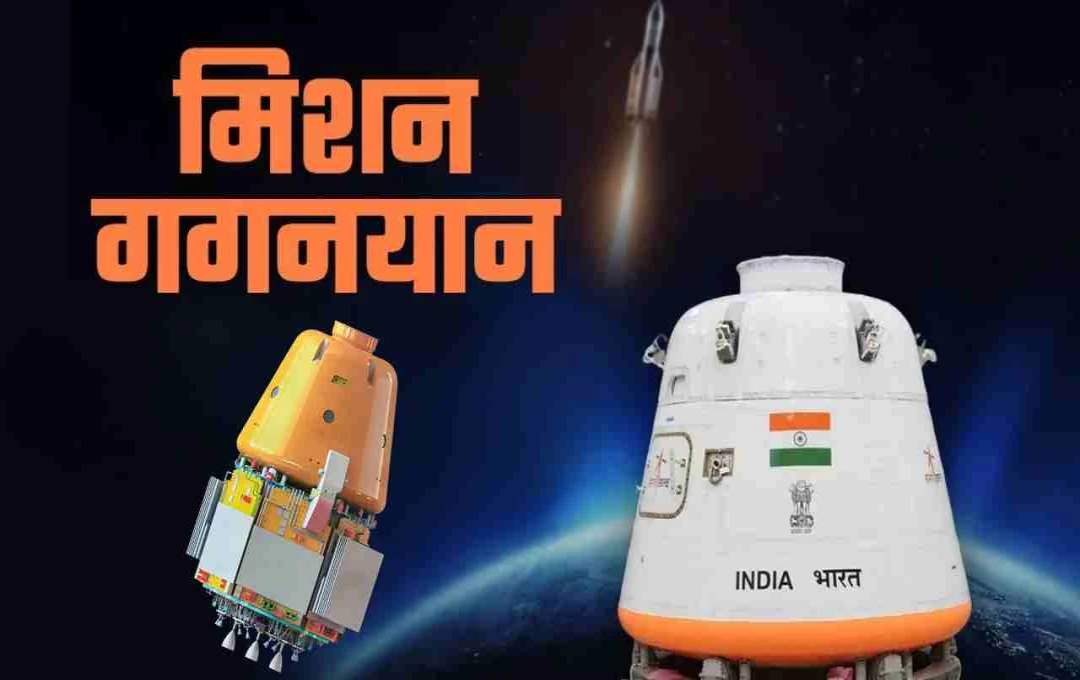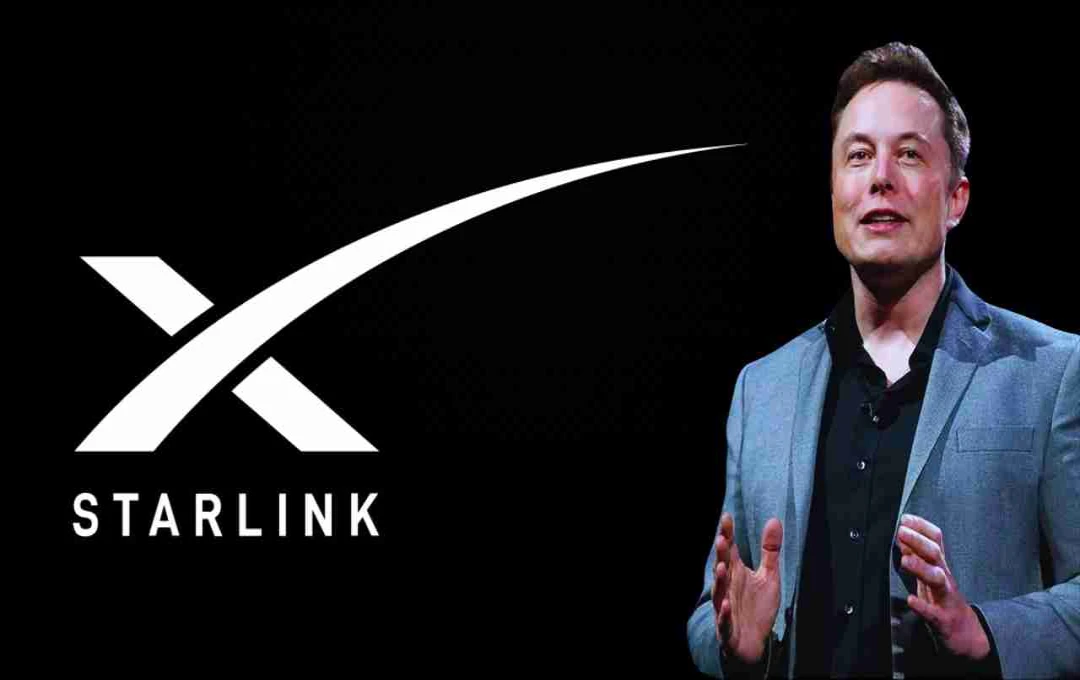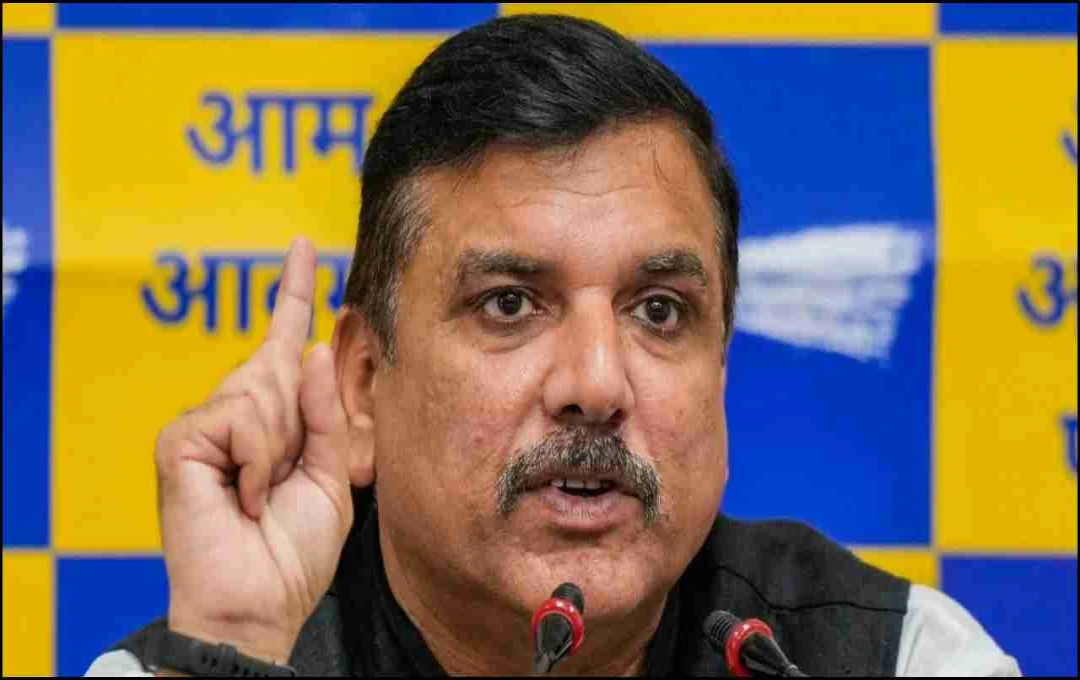Elon Musk's Starlink has received a GMPCS license in India, paving the way for the launch of satellite internet services in the country. This will facilitate faster and more reliable internet access in remote areas.
There's significant news regarding satellite internet services in India. After a lengthy process, the Indian government has granted a GMPCS license to Elon Musk's company, Starlink. This move is poised to revolutionize the Indian internet landscape, clearing the path for the launch of satellite internet services nationwide. This decision offers new hope to those awaiting improved internet connectivity. Let's delve into this important news, Starlink's plans, and the future of satellite internet in India.
Why did Starlink receive the license, and what does it mean?
Companies need government approval to provide satellite-based internet services in India. Until now, companies like Jio and Airtel have obtained licenses. Starlink's recent license makes it the third company permitted to launch such services in India.
Receiving the GMPCS (Global Mobile Personal Communication by Satellite) license from the government is a significant achievement for the company. It means Starlink can now launch its satellite internet service in India, bringing faster and more reliable internet to even the most remote areas.
Elon Musk's Starlink has been providing satellite internet services in various parts of the world for several years. The company had been applying for a license in India since 2022, but the process was protracted. Government approval has now increased the likelihood of the service launching soon.
The Need for Satellite Internet in India
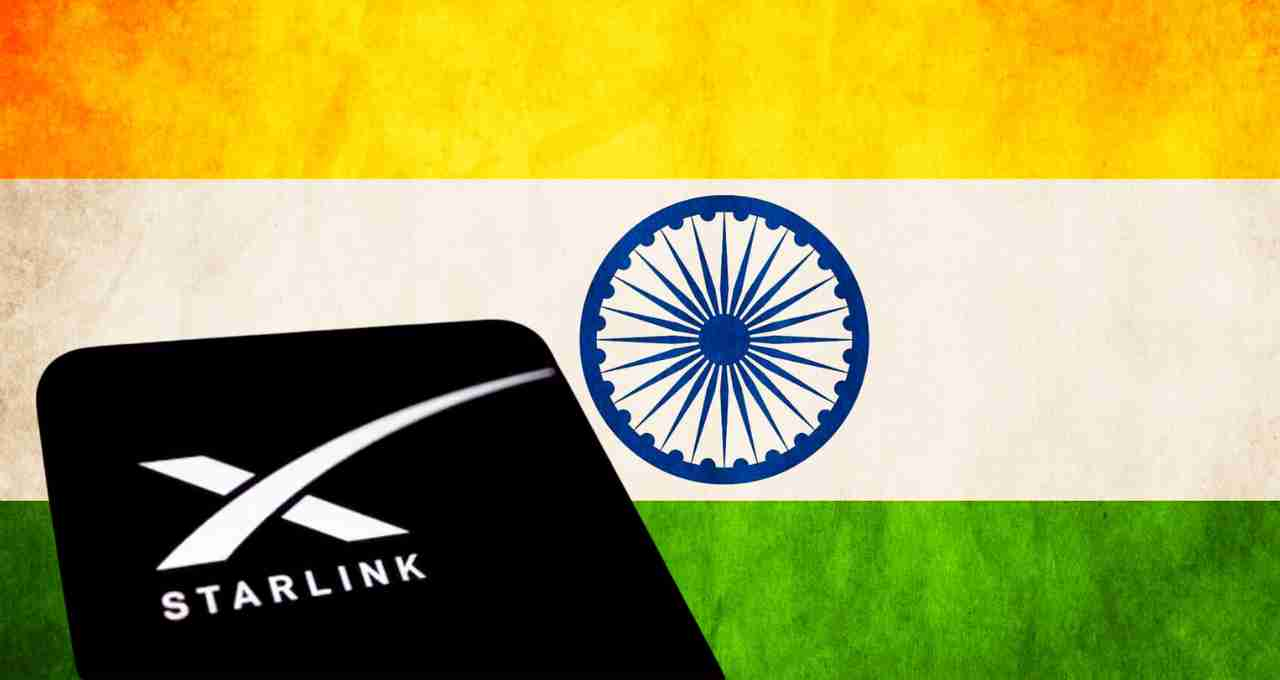
India is a vast country with many areas lacking internet connectivity due to geographical or economic reasons. Mountainous regions, forested areas, and rural and underdeveloped areas have limited access to fiber optic or mobile internet. Satellite internet presents a viable alternative.
Satellite internet provides internet service to remote areas without the need for cables or towers. Companies like Starlink use thousands of small satellites to deliver fast and stable internet service to any corner of the world. This technology will be particularly beneficial for those currently lacking internet access.
What Remains Before Starlink's Service Launch?
Even with the GMPCS license, Starlink faces one major hurdle: obtaining final approval from IN-SPACe (Indian National Space Promotion and Authorization Center). IN-SPACe is the Indian government organization regulating satellite and space-related activities in the country.
Only after receiving this final approval can Starlink officially launch its satellite internet service in India. Currently, there's no concrete information on the timeline for this process. However, industry experts believe approval will be granted soon.
Starlink's Potential Plans in India
Starlink will likely prioritize providing its service to remote areas of India, especially those with weak mobile networks or slow internet speeds. Starlink's service will also improve internet speeds in urban areas, particularly in locations with connectivity issues.
A major advantage of Starlink's internet service is the elimination of cable laying. Customers can connect directly to a satellite using a small satellite dish and modem, accelerating internet expansion and reducing the digital divide in remote areas.
Amazon's Kuiper Service Also Targeting India
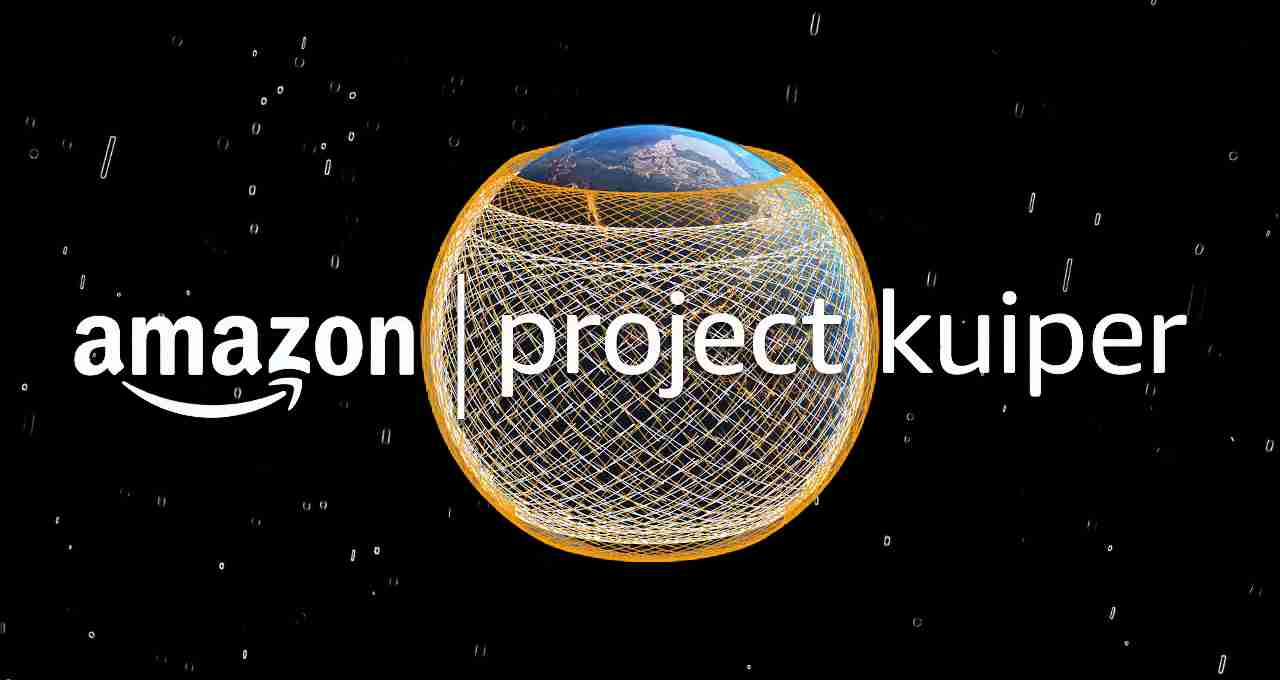
Besides Starlink, Amazon's satellite internet service provider, Kuiper, is also preparing to enter the Indian market. Amazon has submitted an application to the Indian government outlining its plans. If Kuiper receives a license soon, India's satellite internet options will increase, offering customers more choices and potentially lower prices.
Benefits of Satellite Internet
- Improved Connectivity in Remote Areas: Easier internet access in mountainous, forested, or rural areas.
- Faster and More Stable Internet: Better internet speed and stability, especially in areas with weak mobile networks.
- Beneficial for Emergency Services: Satellite internet can be a crucial communication tool during natural disasters like floods or earthquakes.
- Reduced Digital Divide: Increased internet access improves education, employment, and other opportunities.


